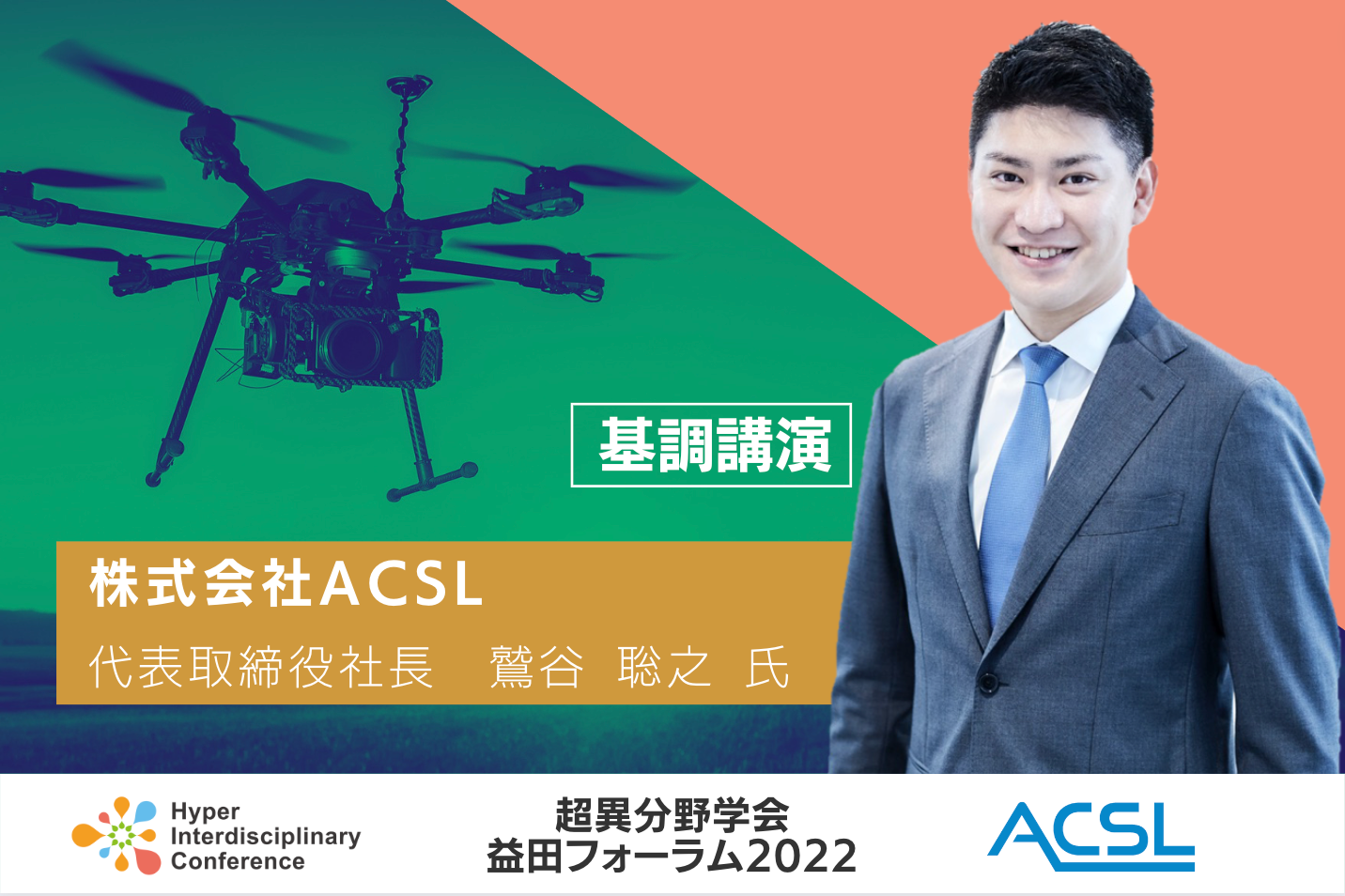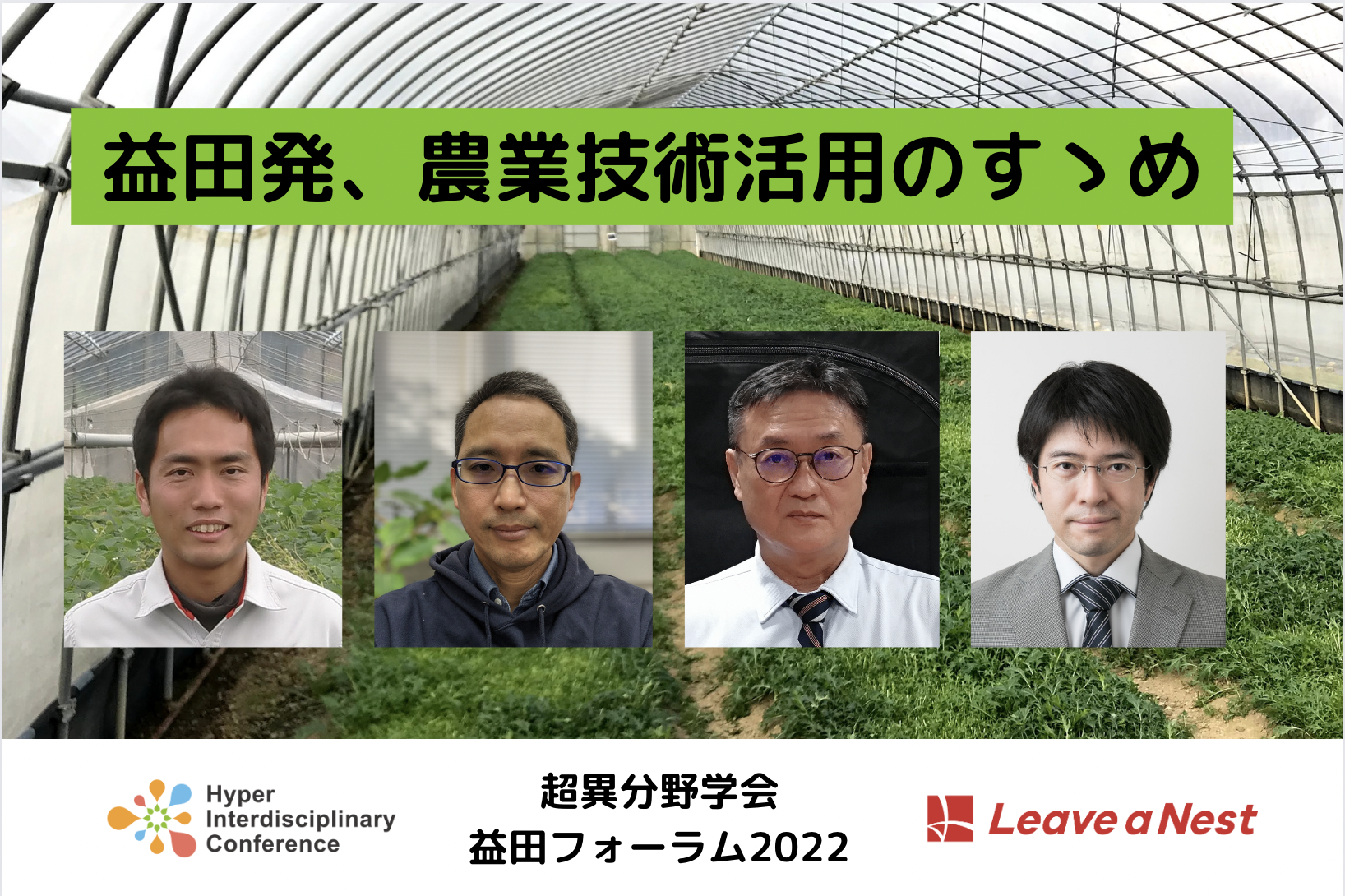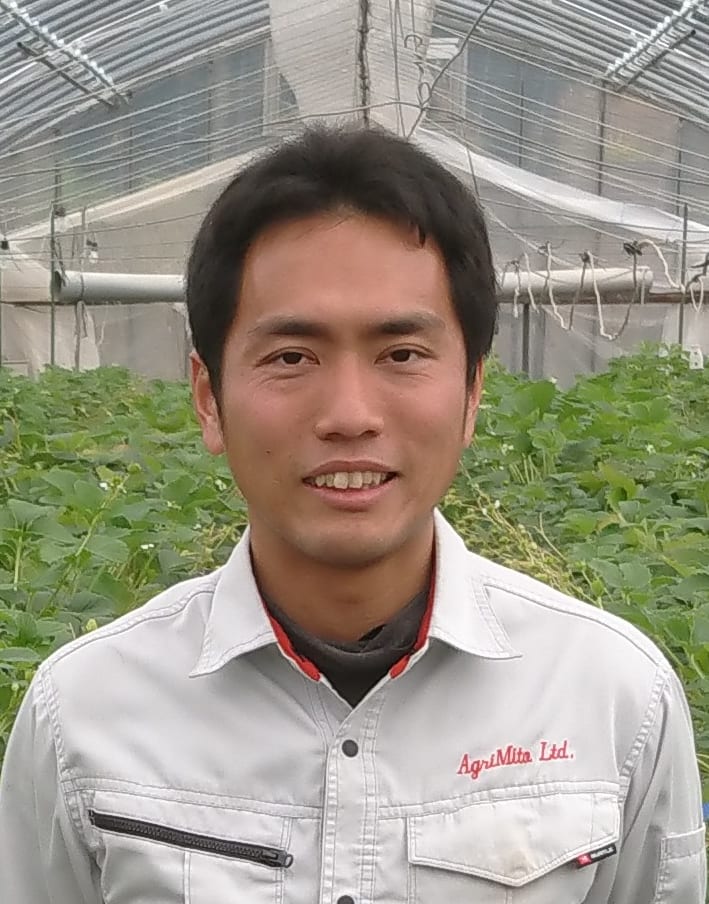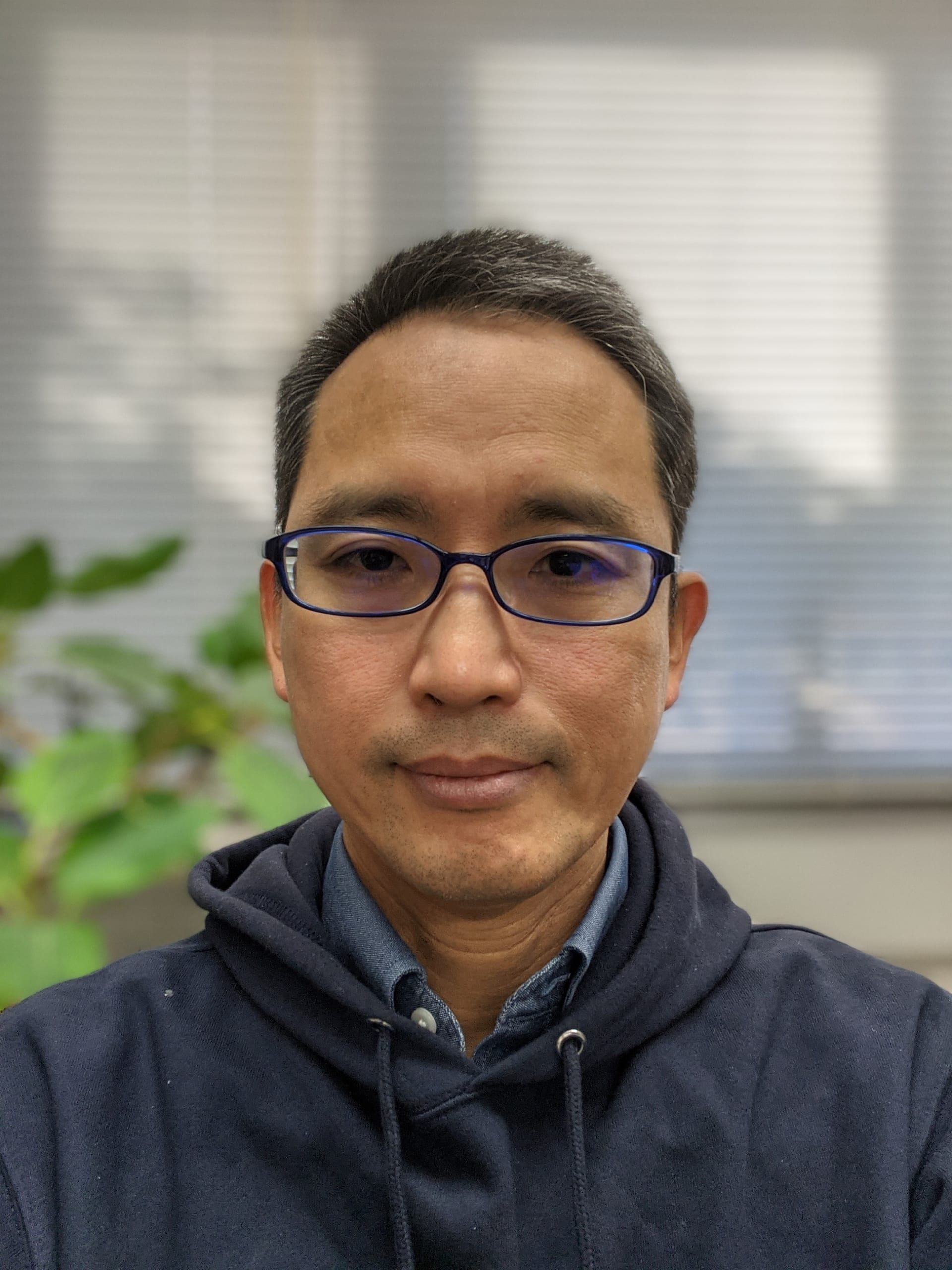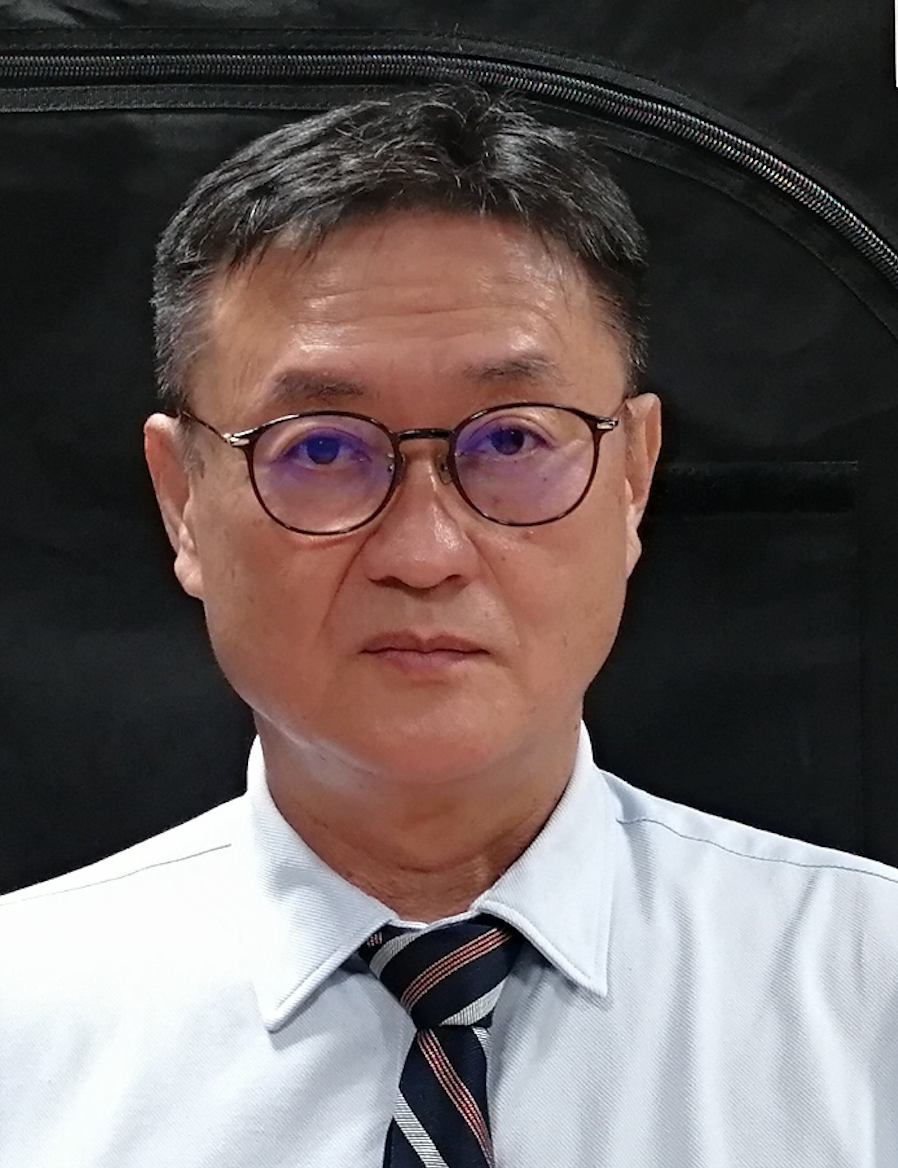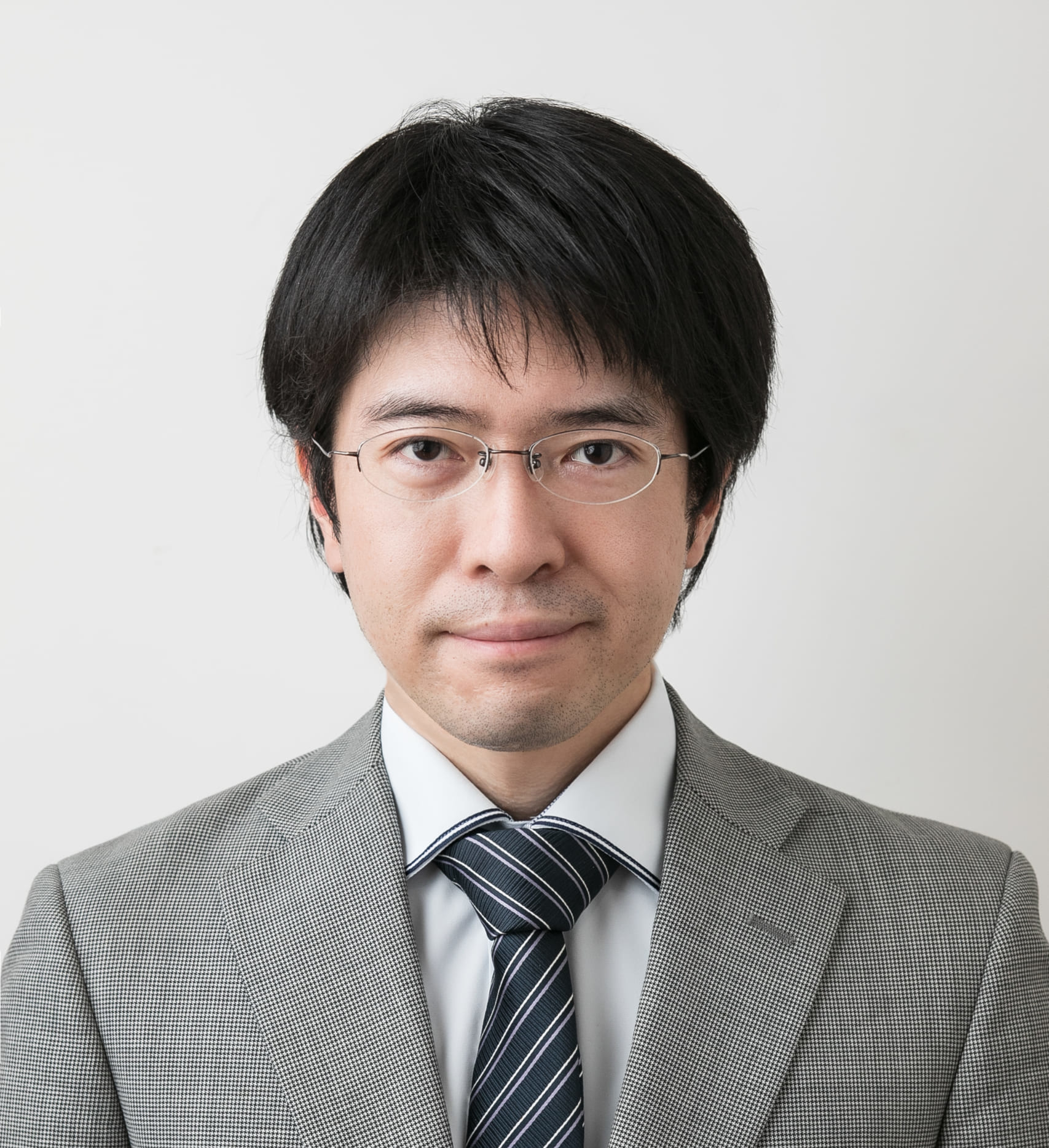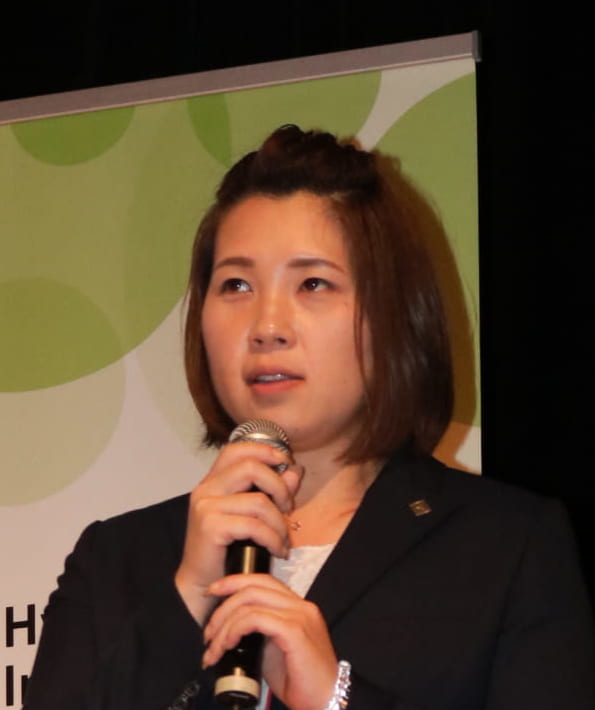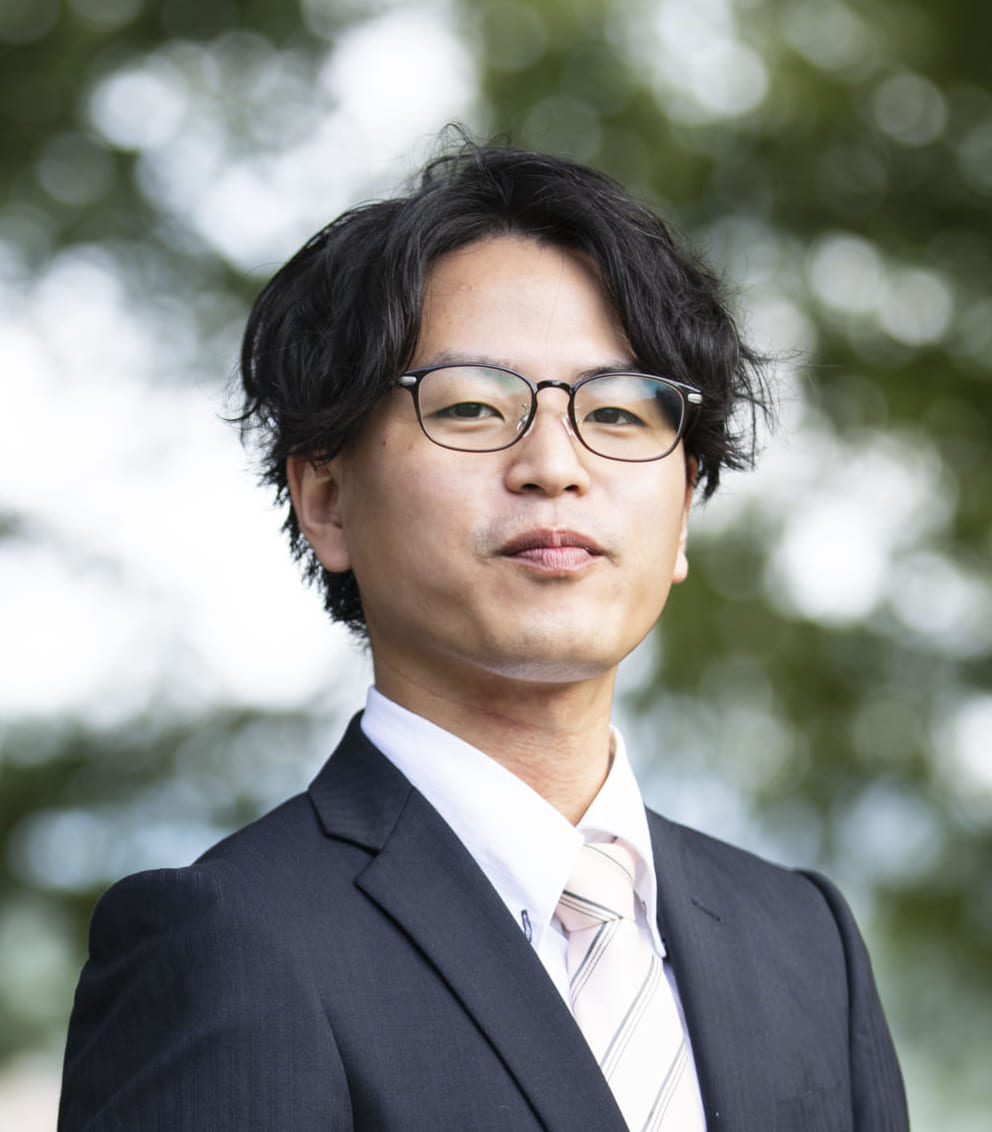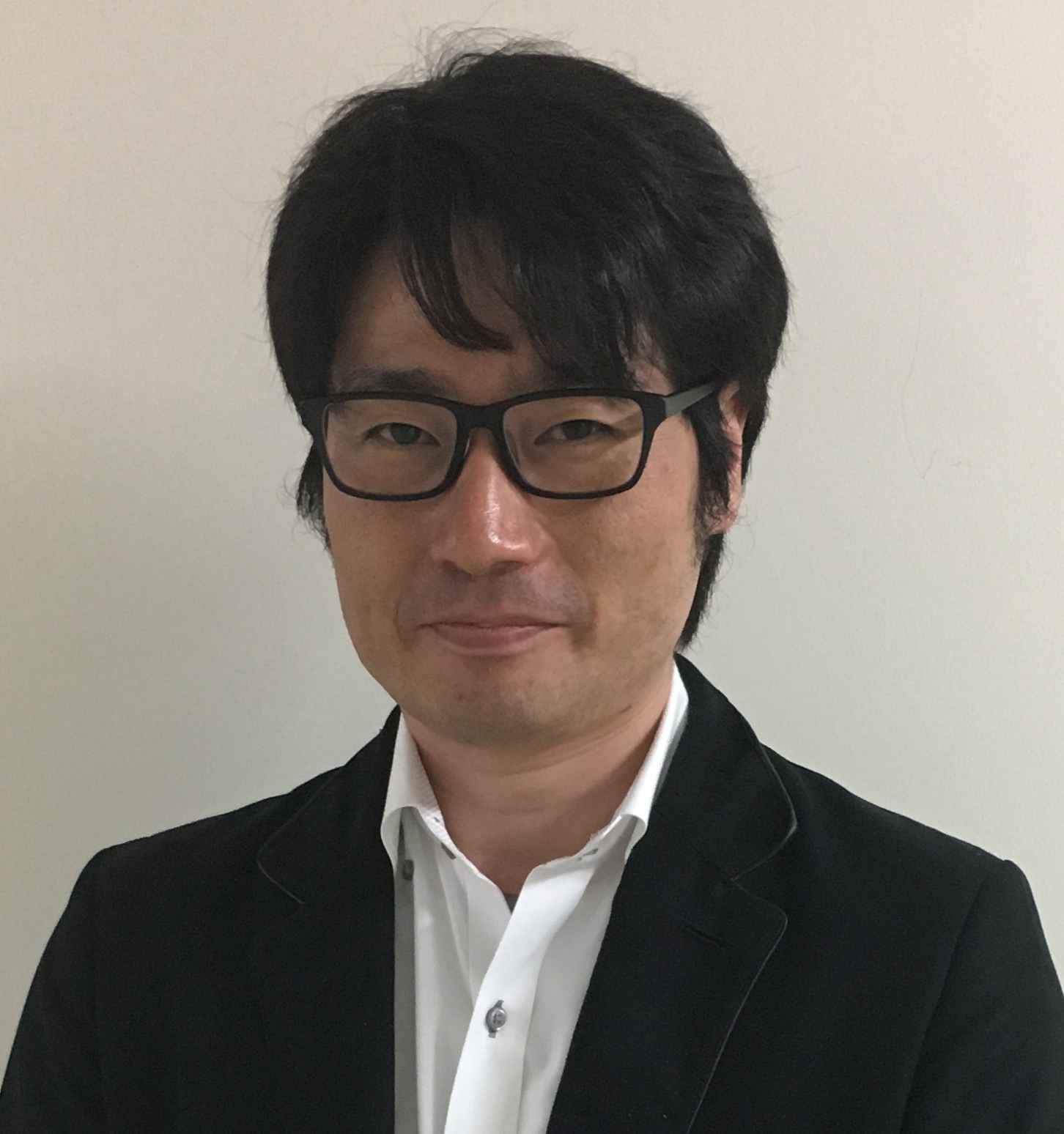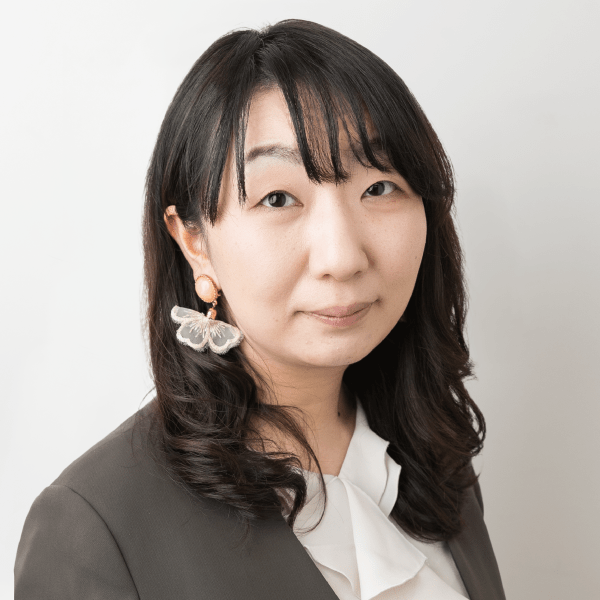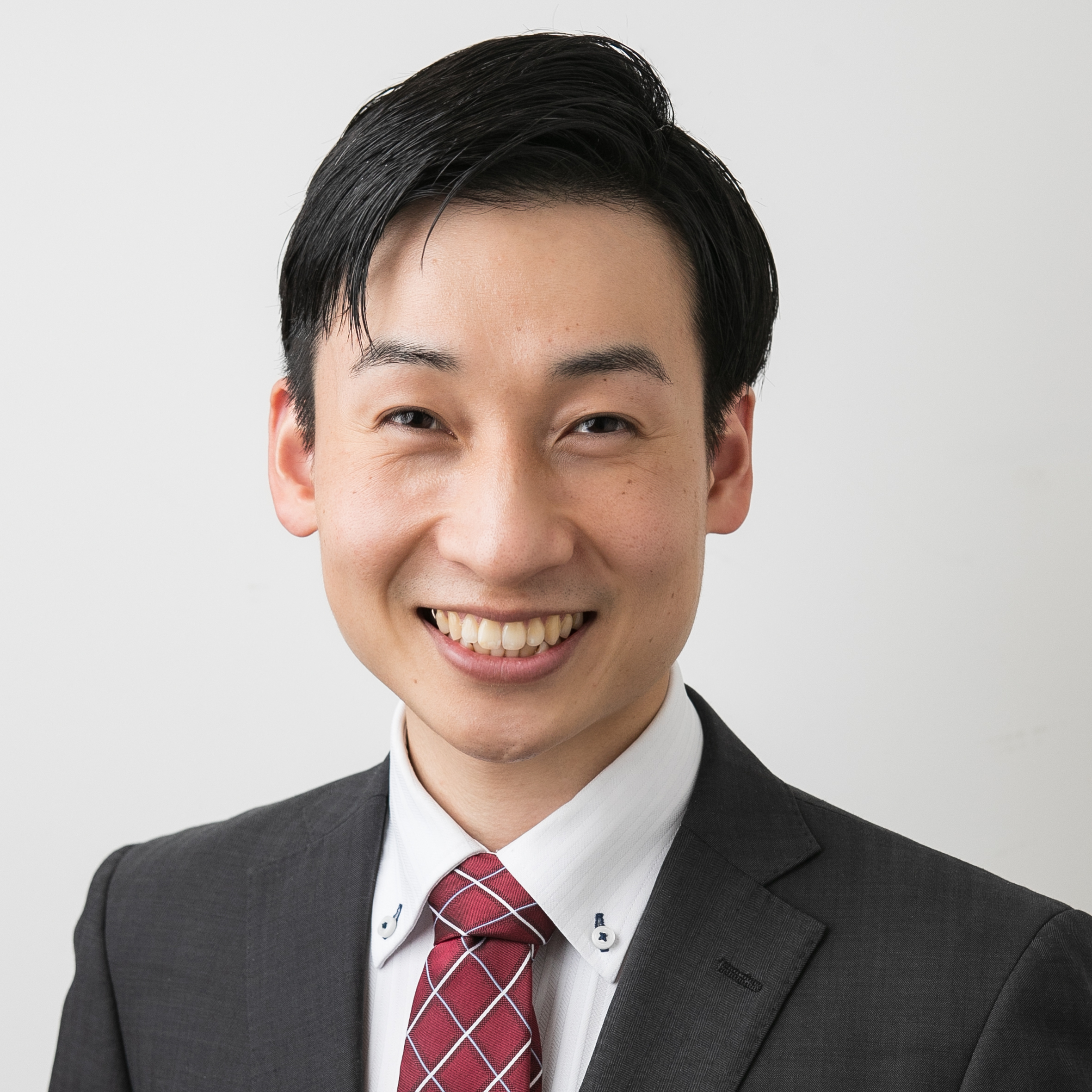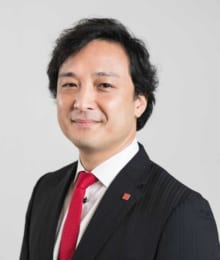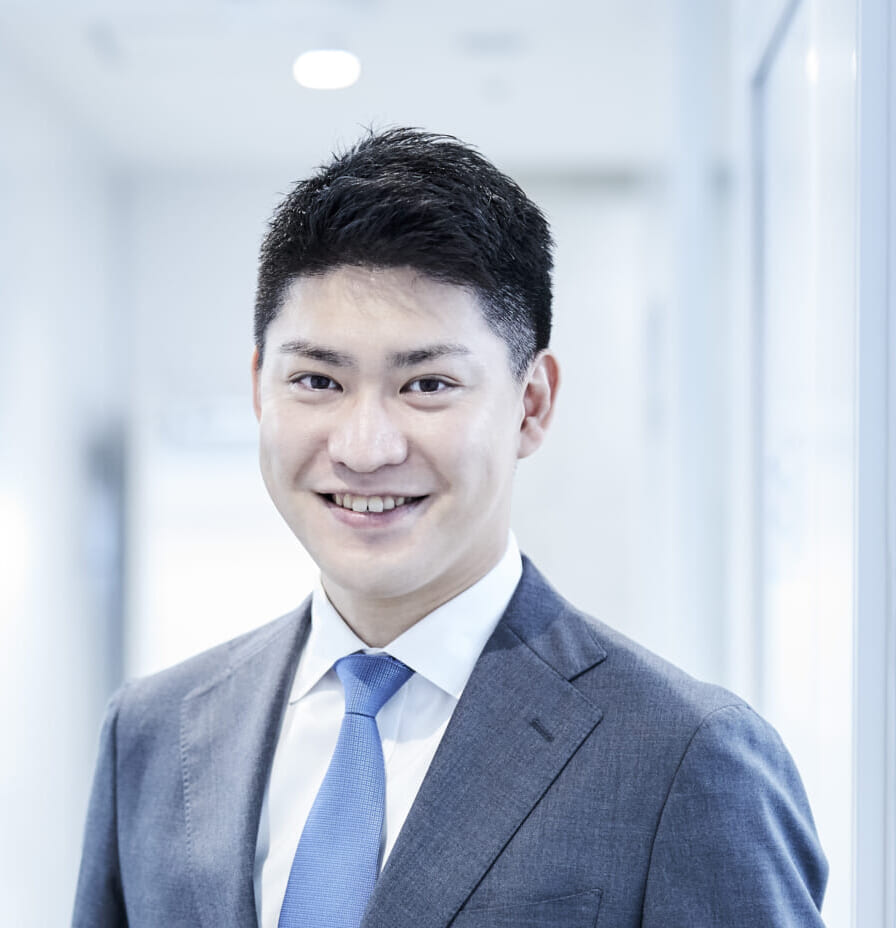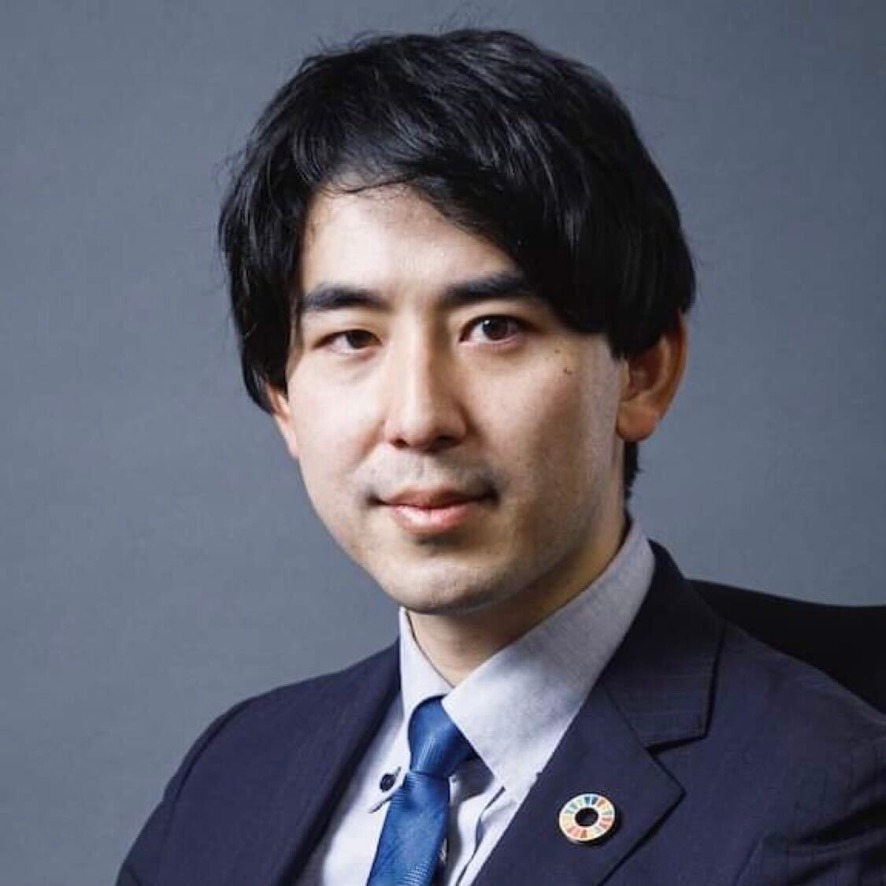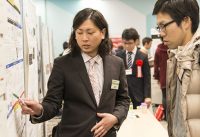What is the Hyper Interdisciplinary Conference?
In 2002, Liberace came up with the concept of "hyperdisciplinarity" to bridge the gap between the exponential increase in the number of scientific publications in recent years and the ever-increasing rate of knowledge available to us. Since then, we have been working as science bridge communicators to bridge science into knowledge that society can use, bringing together scientists, engineers, businesspeople, factory workers, doctors, farmers, educators, and other specialists in a variety of different fields. We believe that this "hyper-disciplinarity" network should be the key to exponentially increasing human knowledge. The Hyperdisciplinarity Conference is a place to test this hypothesis and take a new step forward.


